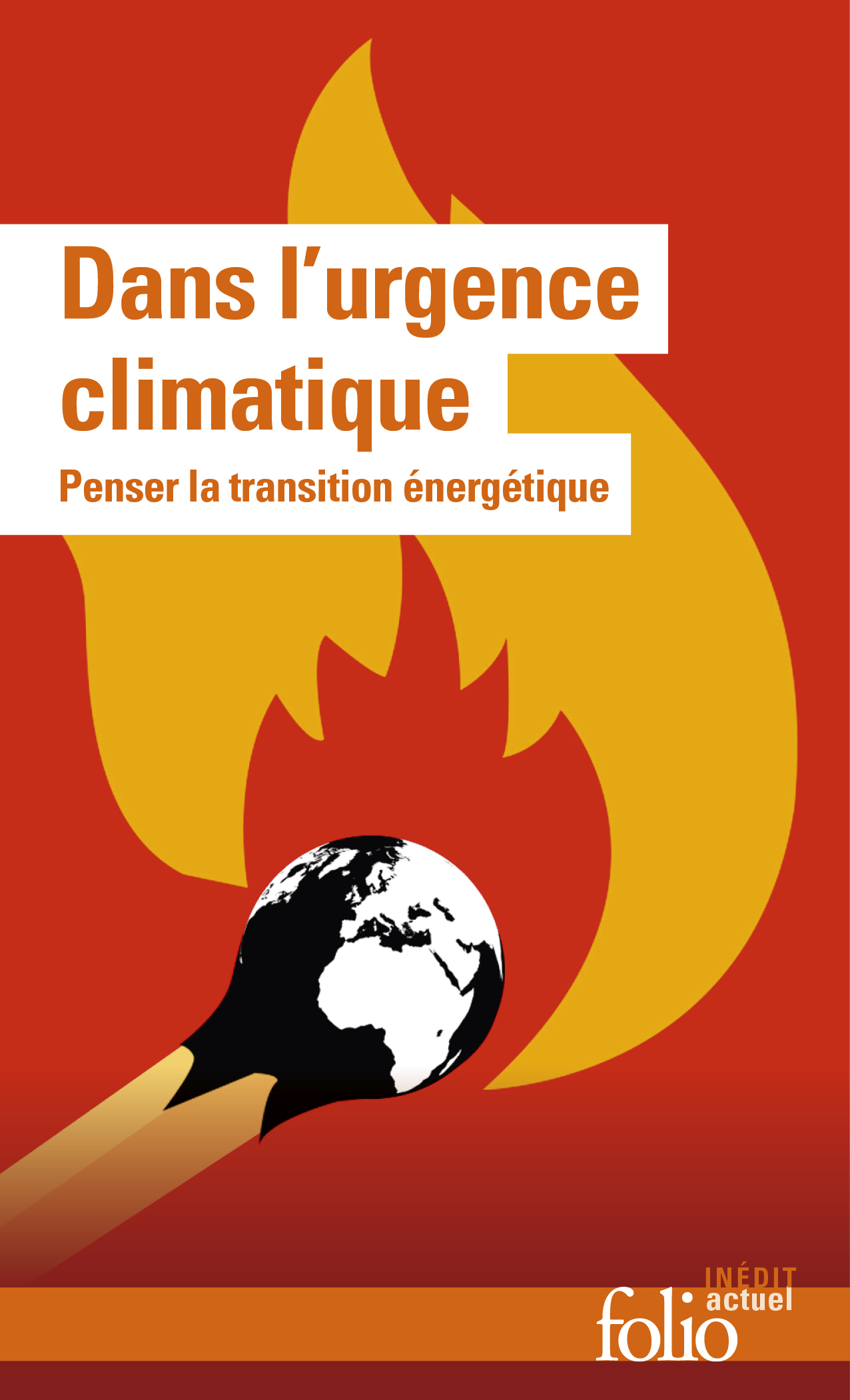Blog Post
Redefining European Union green bonds: from greening projects to greening policies
European Union green bonds, as promised by European Commission president Ursula von der Leyen, might be better linked to the bloc's achievement of its climate goals, rather than project-by-project green criteria.
In her first State of the Union speech (16 September), European Commission President Ursula von der Leyen set a target of raising through green bonds 30% of the up to €750 billion that will be borrowed under the Next Generation EU recovery fund. Such large-scale EU green bonds issuance could reduce interest rates and contribute to kick-starting a global green bond market based on European rules.
The challenge, however, is to ensure that EU green bonds really are green. The standard approach is that green bonds should be earmarked for green projects that can conform to pre-defined ‘greenness’ criteria. But this is not straightforward because much of the Next Generation EU money will be spent by EU countries, which might find it quite intrusive if the European Commission stringently assesses each national-level spending decision. Furthermore, it remains difficult to determine what counts as green and what counts as additional spending. The assessment process would likely slow the speed of implementation – with speed being essential for an effective recovery programme.
One solution would be to link the green bonds to more general environmental and climate policy outcomes, rather than to the specific deployment of each individual euro. Thus, if the EU underperforms against a specific climate-related performance indicator, the bonds would pay proportionally higher interest, in effect penalising the EU for being too loose on climate policy. A performance indicator could be emissions under the EU emissions trading system. They are precisely measured, represent a significant part of EU emissions, and the EU has control over meeting the target.
This would have a number of advantages. Unlike assessing the greenness of each project, the administrative cost of ensuring the ‘greenness of a bond’ would be essentially zero. As the number of eligible projects is not limited, many more bonds might be generated quickly. Moreover, all sorts of complex issues of double-counting, policy overlaps and crowding-out, which are linked to project-based green bonds, would be avoided. Hence, the environmental integrity of pollution-linked bonds would be greater than that of individual project-based bonds – the whole would be greater than the sum of the parts. Such bonds could legitimately be called green as they would represent a strong financial commitment on the part of the EU that it will achieve its ambitious climate targets. Finally, if the case can be made convincingly, ethical investors might be willing to accept lower interest rates for these bonds, as long as the EU meets its ambitious targets.
Republishing and referencing
Bruegel considers itself a public good and takes no institutional standpoint. Anyone is free to republish and/or quote this post without prior consent. Please provide a full reference, clearly stating Bruegel and the relevant author as the source, and include a prominent hyperlink to the original post.










